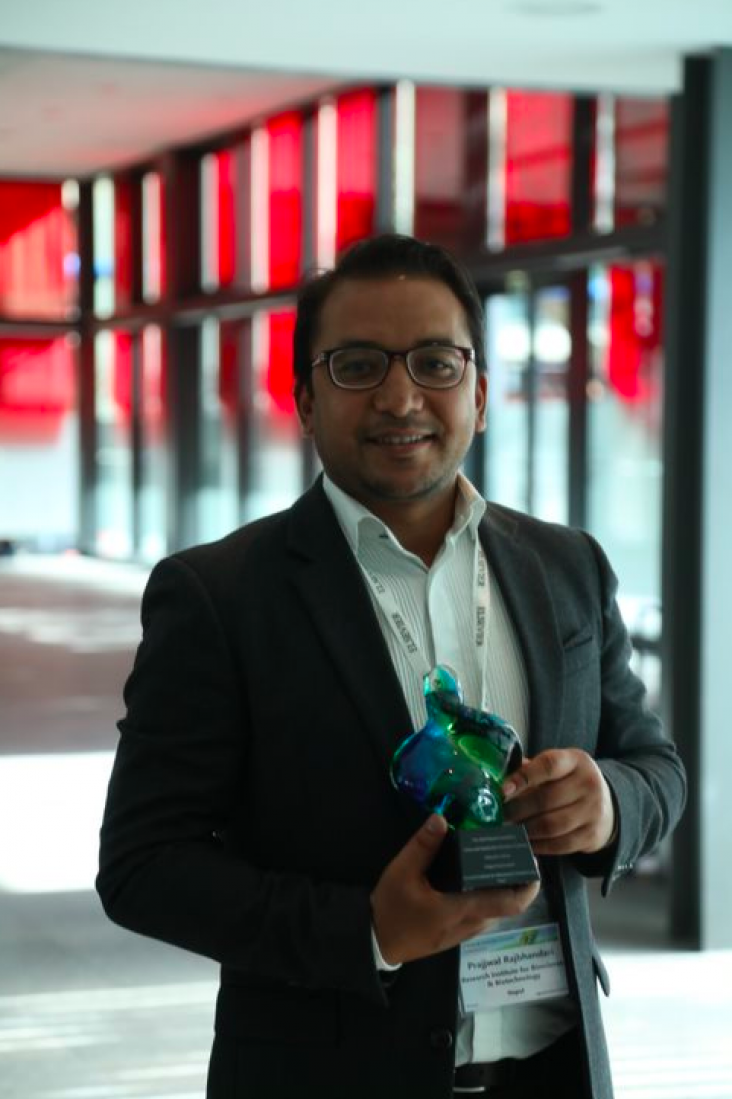Manufacturing challenges are anticipated to become worse in the coming decades owing to global material and energy constraints combined with environmental issues associated with conventional processes
This special issue explores the influence that insects and other invertebrates have on ecosystem services and the Sustainable Development Goals (SDGs), and makes a case for insect science to promote a sustainability science approach.

In 2018, Dr. Prajwal Rajbhandari was awarded the first prize of the Elsevier Foundation Green and Sustainable Chemistry Challenge for his project, “Guava leaves as natural preservatives for farmers of Nepal.” Due to a lack of viable non-toxic preservatives, or cold chain technologies, one-third of Nepal’s produce is spoiled before it reaches market each year. Dr. Rajbhandari’s project taps the antioxidant and antimicrobial properties of guava leaves to make a water-based, sprayable natural preservative, contributing to SDGs 2, 12 and 15. Two years later, we interviewed Dr. Rajbhandari about his experience as a winner, as well as the upcoming steps for his project.
Background: Plant-based meat alternatives are developed to address consumer demands and sustainability of future food supply, and the market has grown exponentially in recent years.
This study investigated the drying behaviour of purple-speckled Cocoyam and the effect of drying temperature (40 °C, 60 °C and 75 °C), slice thickness (4 mm, 7 mm and 10 mm) and pre-treatments (blanch
Quality attributes such as moisture content, colour parameters and shrinkage of apples change undesirably during the drying process.

Materials, structures, surfaces and buildings of insects are of a great scientific interest, but such basic knowledge about the functional principles of these structures is also highly relevant for
Elsevier,
William D. Fletcher, Craig B. Smith, Chapter 9 - What would it take to reach net zero?, Reaching Net Zero, Elsevier, 2020, Pages 107-122
This chapter addresses SDGs 13, 15, and 12 by examining scenarios for reaching net zero production and consumption, but also the challenges in implementation.
The new 2030 sustainable development agenda is likely to dominate policy and academic debates at both national and international levels over next 15 years and beyond.
China is a key player in global production, consumption, and trade of seafood.
